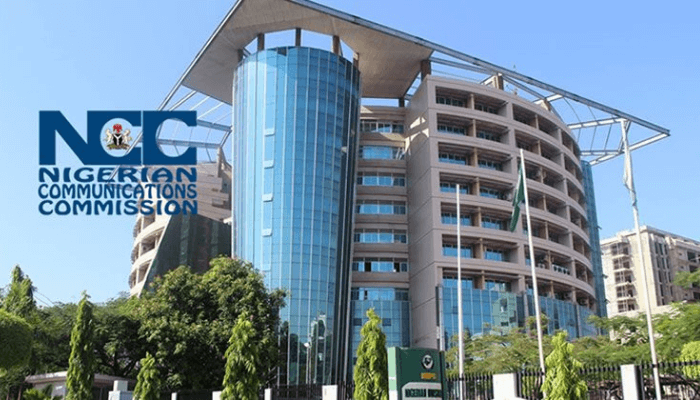Data boom fuels growth but infrastructure gap hurts progress
Nigeria’s data economy has hit an unprecedented milestone, with internet consumption rising to 1.15 million terabytes (TB) in August 2025, according to the latest Nigerian Communications Commission (NCC) report.
The surge underscores how data has become the lifeblood of Nigerian businesses, driving growth across sectors from fintech to e-commerce, but infrastructure challenges threaten to slow the momentum.
Between May and August 2025, total data usage jumped from 1.02 million TB to 1.15 million TB, representing a 13 percent rise in just four months and a 31.1 percent increase since November 2024.
Analysts attribute this sharp growth to a combination of factors: increased smartphone penetration, surging demand for streaming and online commerce, and a rebound in digital services following cost-reflective tariff adjustments in early 2025.
Industry experts say this period marks one of Nigeria’s strongest digital growth phases yet. In May 2025, the country’s data traffic surpassed the one million TB threshold for the first time that year, reflecting a rebound from earlier declines. By July, total consumption had grown by another 8.35 percent month-on-month, reaching 1.13 million TB before peaking in August.
Read also: AI boom sparks billion-dollar data center race in Nigeria
According to Gbenga Adebayo, chairman of the Association of Licensed Telecommunications Operators of Nigeria (ALTON), the data surge demonstrates resilience amid economic headwinds.
“These robust data metrics show that consumer demand remains strong. But we are only halfway to our potential as without deeper investment in fibre and protection against vandalism, this growth will plateau.”
Despite the digital gains, Nigeria’s 4G penetration still hovers around 50.85 percent, leaving large portions of the population underserved. Rural regions continue to lag behind, with many users still dependent on 2G or 3G networks.
A boon for businesses
For Nigerian businesses, the data boom has been transformative. The NCC data reveals that average consumption per subscriber climbed from 7 GB in December 2024 to 8.2 GB in August 2025, driven by increased online transactions, mobile app use, and digital marketing.
E-commerce platforms such as Jumia and Konga reported higher order volumes, while fintech operators expanded their reach as mobile banking and digital payments became more deeply embedded in daily commerce.
Startups and SMEs leveraged social media, streaming, and online conferencing tools to reduce costs and widen their customer base, all powered by cheaper and more accessible internet data.
The Internet Exchange Point of Nigeria (IXPN) also played a key role in sustaining this growth. By achieving a 1Tbps throughput milestone in March 2025, the IXPN enabled more local traffic exchange, saving the country about $40 million annually that would have been spent on international bandwidth.
“Localising internet traffic means faster speed, reduced costs, and more reliable connectivity. It is a critical win for Nigerian enterprises operating in the digital economy,” said Muhammed Rudman, IXPN chief executive officer.
Read also: Africa must build its own AI future with local data, infrastructure – NITDA DG
The infrastructure dilemma
Despite the progress, operators continue to face mounting obstacles. The NCC recorded over 35,000 fibre cuts nationwide as of mid-2025, mainly from vandalism, road works, and theft. These disruptions have undermined service reliability and slowed down broadband expansion efforts.
Aminu Maida, NCC’s executive vice chairman, warned during the ATCON CNII Summit in August that poor coordination among state agencies and excessive Right-of-Way (RoW) charges were constraining investments.
“This trajectory reflects strong demand, but without state collaboration on RoW policies, we risk stalling our digital revolution.”
Telecom operators echo this concern, noting that unpredictable state-level levies have inflated deployment costs and discouraged private investment. In some regions, the cost of fibre deployment remains up to 10 times higher than in peer African markets.
Rudman noted that Nigeria’s dependence on mobile networks for nearly 99 percent of internet access is unsustainable.
“Some states with millions of residents lack a single network with an autonomous system number. Even institutions with capacity remain unconnected. That is a major limitation for our digital economy,” Rudman added.

